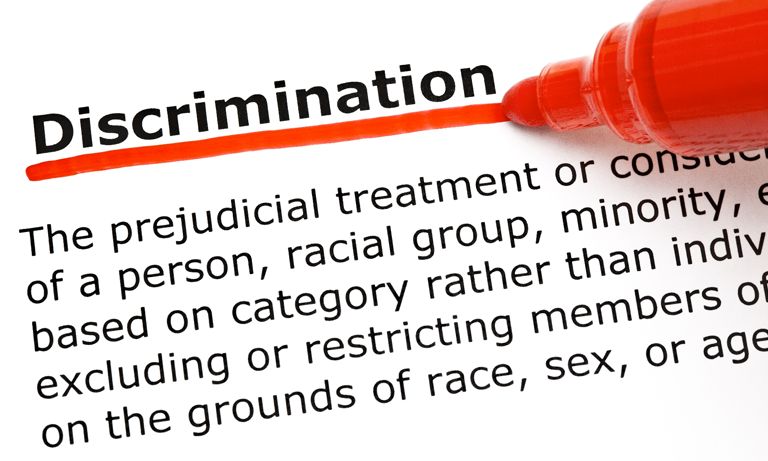 It goes without saying that an atmosphere of inclusivity is essential in the long-term, and more likely to encourage natural integration and cultural alliance in your business
It goes without saying that an atmosphere of inclusivity is essential in the long-term, and more likely to encourage natural integration and cultural alliance in your businessBritain has a diverse workforce, with employees from a thousand different ethnic and cultural backgrounds. But if an employer looks to create a more integrated workplace by demanding their employees speak English, they could find themselves on the wrong side of the law – for racial discrimination.
In a recent lawsuit against her employer, one Russian woman claimed just that. Kelly was employed in a lab where animal testing took place, and which was often targeted by animal rights activists. In the past, activists had managed to infiltrate the company by posing as employees.
During the course of her employment, Kelly was spotted taking long toilet breaks, during which she would make phone calls in Russian. Fearing that Kelly might be an undercover activist, her manager asked her to stop speaking Russian in the workplace.
Kelly argued that there were other Ukrainian employees that regularly spoke Russian in the lab, and that the manager’s request was in fact personal and discriminatory. Kelly was eventually subject to disciplinary proceedings, after which she resigned and brought claims of discrimination and harassment against her employers.
Kelly’s claims were eventually rejected, despite two appeals. An employment tribunal repeatedly pointed to the fact that the company had previously been infiltrated by animal rights activists, and so Kelly’s manager’s request was not in fact discriminatory, but one that protected the company and its employees. Her employers had a justifiable reason for asking Kelly to stop speaking Russian.
Within a multilingual and multiracial workforce, similar issues often arise. So how can recruiters and employers avoid these types of accusations? The lesson to learn from this case is that employers must have a good reason to ask their employees to stop speaking their native language at work.
It’s worth bearing in mind that there’s a fine line between rules and dogma; an employer cannot reasonably expect their employees to completely discard their culture and heritage. Nor can employees expect to behave at work as they do at home, particularly in a business where English is used.
Kelly’s case highlights the importance of balance where this sensitive issue is concerned.
There is strong evidence that diversity in the workplace is an asset rather than a force for division. Encouraging and welcoming non-native English speakers ensures that your business retains an international ethos which is more accessible to potential job candidates and clients alike.
It goes without saying that an atmosphere of inclusivity is essential in the long-term, and more likely to encourage natural integration and cultural alliance in your business.
Join Over 40,000 Recruiters. Get our latest articles weekly, all FREE – SEND ME ARTICLES
Recruiters love this COMPLETE set of Accredited Recruitment & HR Training – View Training Brochure








